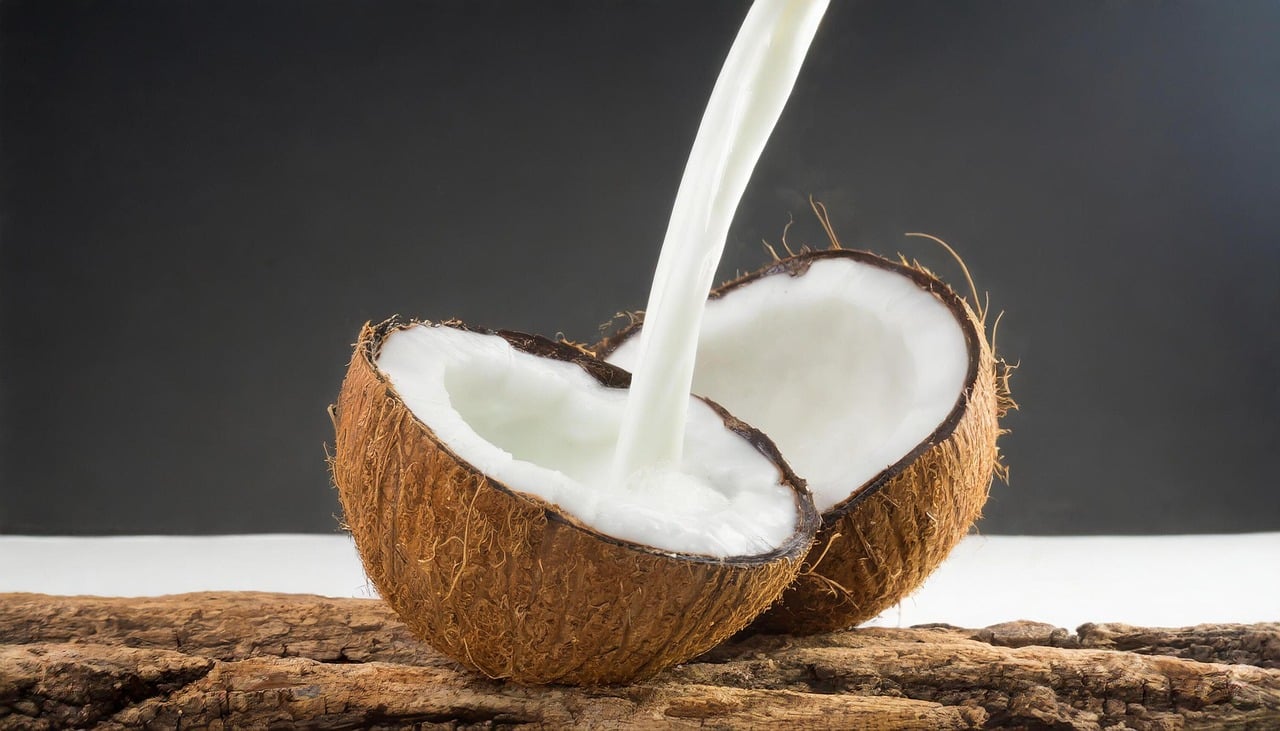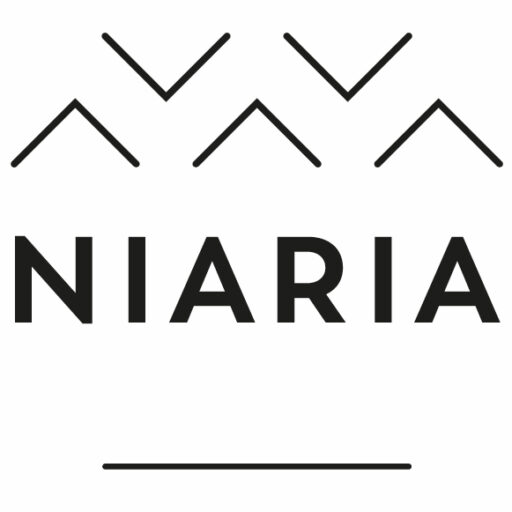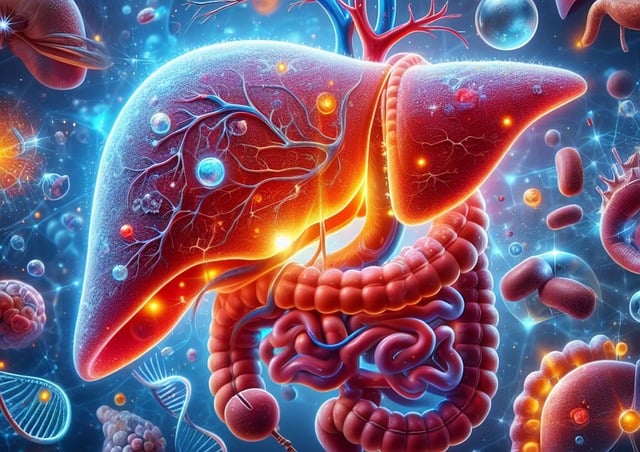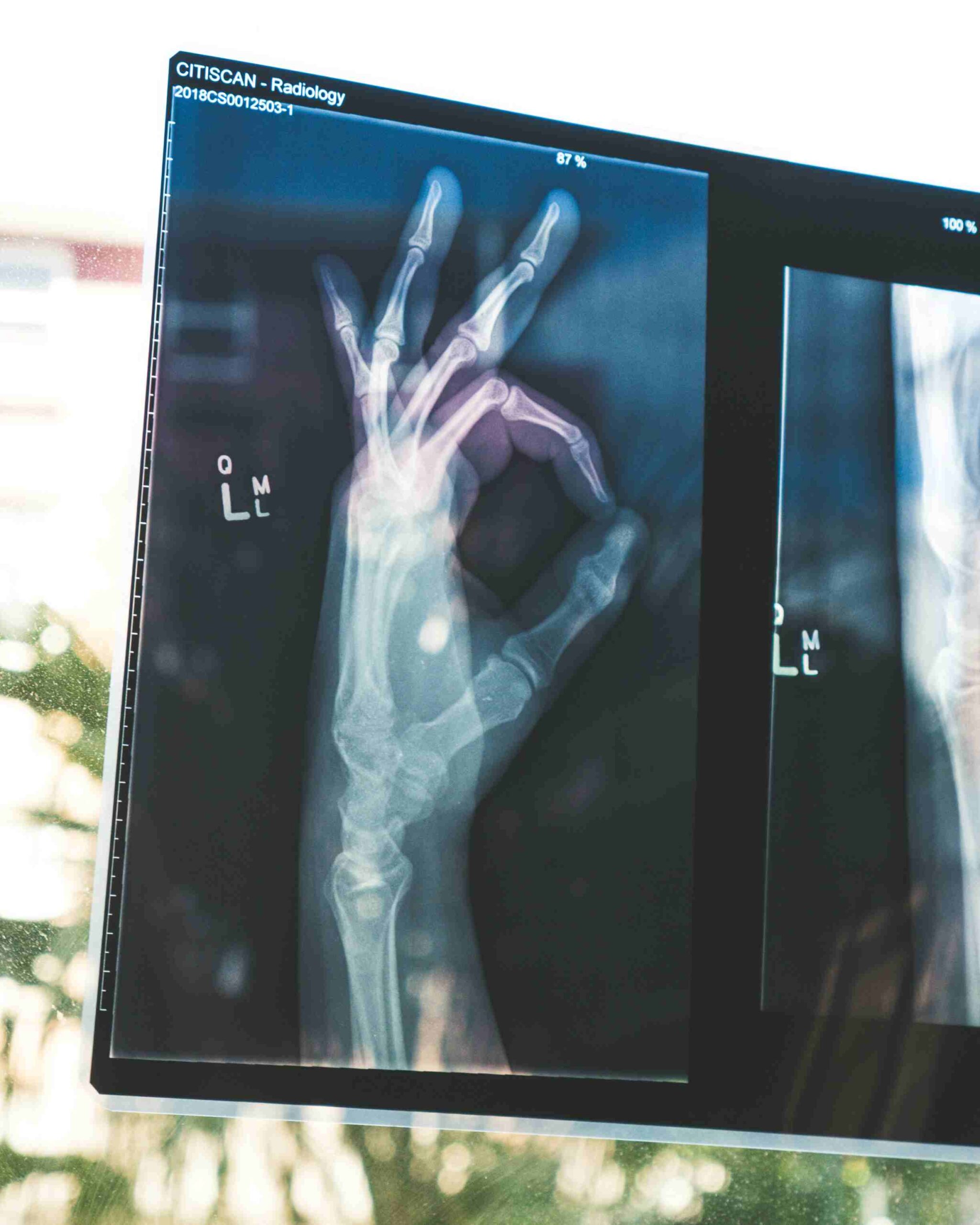
Micronutrients, which encompass vitamins and minerals, play a pivotal role in maintaining health and supporting various bodily functions. Unlike macronutrients, which provide energy, micronutrients are essential for regulating numerous physiological processes, including immune function, bone health, and energy metabolism. This article delves into the importance of essential minerals, how to obtain them through diet, their interactions, and guidance on supplementation for those who may not meet their needs through food alone. Let’s dive deeper into the effect of micronutrients on body function.
Understanding Micronutrients
Micronutrients are categorized into two main groups: vitamins and minerals. While vitamins are organic compounds, minerals are inorganic elements that originate from the earth. Both groups are crucial for health, and deficiencies can lead to various health problems, including weakened immunity, poor bone density, and impaired cognitive function.
Essential Minerals and Their Functions
Iron
Iron is an essential mineral that is crucial for the formation of hemoglobin, a protein in red blood cells that transports oxygen throughout the body. It also plays a significant role in energy metabolism and immune function. There are two types of dietary iron: heme iron, found in animal products, and non-heme iron, found in plant-based foods.
Dietary Sources:
Good sources of non-heme iron include lentils, beans, chickpeas, quinoa, tofu, pumpkin seeds, and dark leafy greens like spinach and kale. Heme iron is found in animal products like red meat, poultry, and fish.
Absorption Considerations:
The absorption of non-heme iron is less efficient than heme iron, making it essential to consume it with vitamin C-rich foods to enhance absorption. Pairing iron-rich foods with citrus fruits, bell peppers, or strawberries can significantly improve iron bioavailability.
Deficiency and Supplementation:
A deficiency in iron can lead to anemia, characterized by fatigue, weakness, and compromised immune function. Individuals at risk of iron deficiency, such as vegetarians, pregnant women, and those with heavy menstrual cycles, may consider supplementation after consulting a healthcare provider.
Calcium
Calcium is the most abundant mineral in the human body, primarily found in bones and teeth. It is essential for maintaining bone density, muscle contractions, nerve transmission, and blood clotting.
Dietary Sources:
While dairy products are commonly recognized as calcium sources, they are not the best sources of calcium. Many plant-based options are also available. Leafy greens like kale and bok choy, almonds, sesame seeds, and fortified plant-based drinks are excellent sources of calcium.
Absorption Considerations:
Vitamin D is crucial for calcium absorption, so it’s beneficial to consume calcium-rich foods along with vitamin D sources like supplements or sunlight exposure.
Deficiency and Supplementation:
Insufficient calcium intake can lead to weakened bones and conditions such as osteoporosis. Individuals who do not consume sufficient calcium-rich foods should consider a calcium supplement, ideally in combination with vitamin D.
Magnesium
Magnesium is a cofactor in over 300 enzymatic reactions within the body, playing a role in energy production, muscle function, and DNA synthesis.
Dietary Sources:
Rich sources of magnesium include nuts (especially almonds and cashews), seeds (pumpkin and chia), whole grains (brown rice and quinoa), legumes, and leafy greens.
Absorption Considerations:
High doses of calcium can inhibit magnesium absorption, so it’s essential to balance the intake of these minerals.
Deficiency and Supplementation:
Magnesium deficiency can lead to muscle cramps, fatigue, and even mental health issues. If dietary intake is insufficient, a magnesium supplement may be advisable, especially for individuals with gastrointestinal disorders that impair absorption.
Zinc
Zinc is crucial for immune function, wound healing, DNA synthesis, and cell division. It also supports taste and smell.
Dietary Sources:
Zinc is found in high amounts in legumes, nuts, seeds, and whole grains. Oysters are particularly high in zinc, offering an efficient source for those who consume seafood.
Absorption Considerations:
Zinc absorption can be inhibited by phytates found in whole grains and legumes, so soaking or sprouting these foods can enhance zinc availability.
Deficiency and Supplementation:
A deficiency in zinc can lead to impaired immune response and delayed wound healing. Those at risk, such as vegetarians and pregnant women, may need to consider zinc supplementation.
Potassium
Potassium is an essential mineral that helps regulate fluid balance, muscle contractions, and nerve signals. It is vital for heart health and blood pressure regulation.
Dietary Sources:
Potassium is abundant in fruits and vegetables, particularly bananas, sweet potatoes, spinach, avocados, and oranges.
Absorption Considerations:
A diet high in sodium can lead to potassium loss, making it crucial to balance sodium and potassium intake.
Deficiency and Supplementation:
While deficiencies are rare, low potassium levels can cause muscle weakness and heart problems. Individuals not consuming enough fruits and vegetables may need to focus on potassium-rich foods or consider a supplement, especially if they have conditions that cause increased potassium loss.

Nutrient Interactions and Absorption
Understanding how micronutrients interact is essential for optimizing absorption. Some nutrients enhance the absorption of others, while some can inhibit it. Here are a few key interactions to consider:
Iron and Vitamin C:
As mentioned, vitamin C significantly enhances the absorption of non-heme iron. Consuming iron-rich plant foods alongside vitamin C-rich fruits and vegetables can maximize iron uptake.
Calcium and Magnesium:
These two minerals compete for absorption in the intestines. It’s best to consume them in balanced amounts rather than in high doses of one over the other.
Zinc and Copper:
High doses of zinc can interfere with copper absorption. If zinc supplements are taken, it may be wise to ensure adequate copper intake through diet or supplements.
Practical Tips for Increasing Micronutrient Intake
To optimize your intake of essential minerals, consider the following strategies:
Diversify Your Diet:
Incorporate a wide variety of fruits, vegetables, whole grains, nuts, seeds, and legumes to ensure a broad spectrum of micronutrients.
Combine Foods Wisely:
Pair foods that enhance nutrient absorption. For instance, include a vitamin C source with iron-rich meals or consume vitamin D-fortified foods with calcium sources.
Consider Cooking Methods:
Cooking can increase the bioavailability of some nutrients. For example, lightly steaming vegetables can make their nutrients more accessible.
Stay Hydrated:
Adequate hydration is essential for optimal digestion and nutrient absorption.
Supplementation Considerations
While most people can meet their micronutrient needs through a balanced diet, certain individuals may require supplementation. Here are some considerations:
Dietary Restrictions:
Vegetarians and vegans may have difficulty obtaining sufficient iron, calcium, and zinc. A targeted supplement may be beneficial.
Age and Gender:
Certain life stages, such as pregnancy and lactation, increase the need for specific micronutrients like iron and calcium. Older adults may need more vitamin D and calcium to maintain bone health.
Health Conditions:
Individuals with gastrointestinal disorders, diabetes, or other health conditions may require additional support in the form of supplements.
Before starting any supplementation, it’s crucial to consult with a healthcare provider or a nutritionist to assess individual needs and avoid potential interactions with medications or other supplements.

Conclusion
Micronutrients, particularly essential minerals, play a vital role in maintaining optimal body function. By understanding the importance of these minerals, their dietary sources, and interactions, individuals can make informed choices to support their health. While a balanced diet is the best way to meet nutritional needs, supplementation can be a valuable resource for those facing dietary restrictions or health challenges. Prioritizing micronutrient intake is a step toward a healthier, more vibrant life.
Subscribe to our newsletter, follow us on social media to let us know how you’re working towards a balanced life!
Women’s Hormonal Balance: Nutrition, Lifestyle, and Key Strategies for Optimal Health
Introduction Women's hormonal balance is a...
Liver Health: Natural Care, Foods, and Supplements
Introduction The liver is one of the...
Foods that Naturally Increase Bone Density
Bone health is essential at every stage of life,...
Adaptogen Plants: Natural Ways to Manage Stress
In a world where stress is part of daily life,...
Vegan and Vegetarian Nutrition
Why People Choose Vegan and Vegetarian Diets...
Maximize Your Performance: Nutrition Before and After Exercise
Introduction Optimizing your nutrition...
Sustainable Nutrition and Eco-Friendly Consumption
Introduction to Sustainable Nutrition...
Strengthening Your Immune System Through Proper Nutrition
Introduction The immune system is our...
The Connection Between Psychology and Nutrition
Introduction The connection between psychology...










